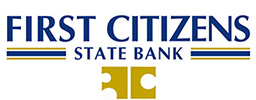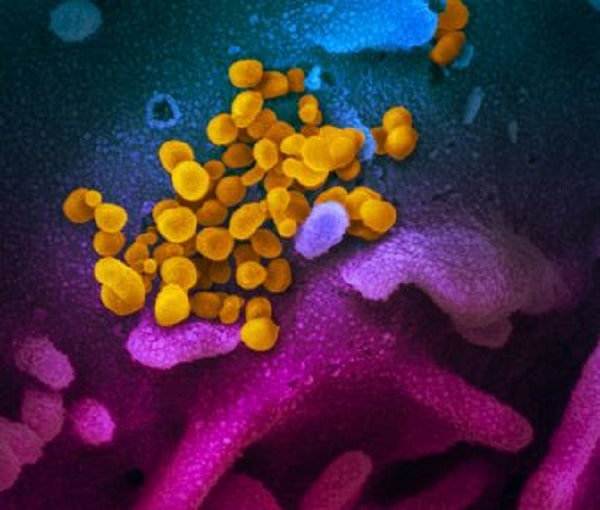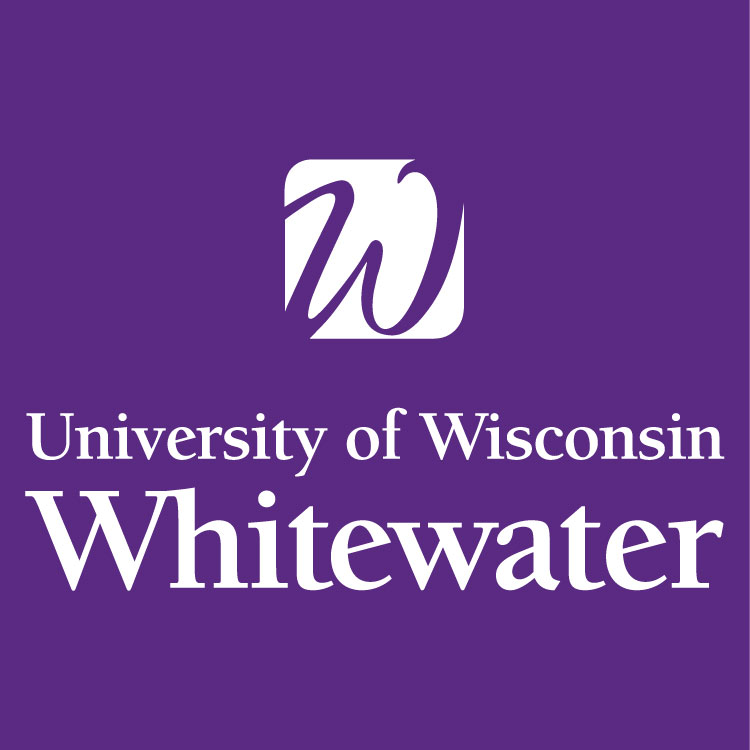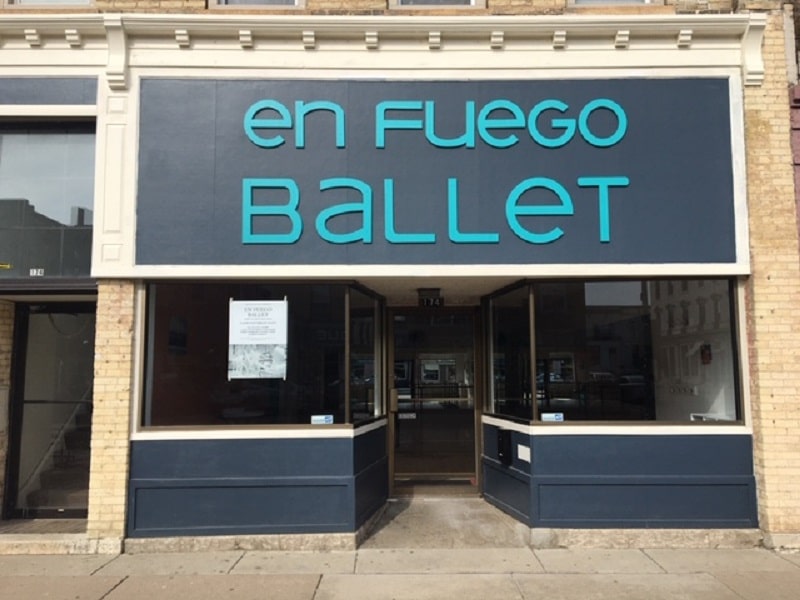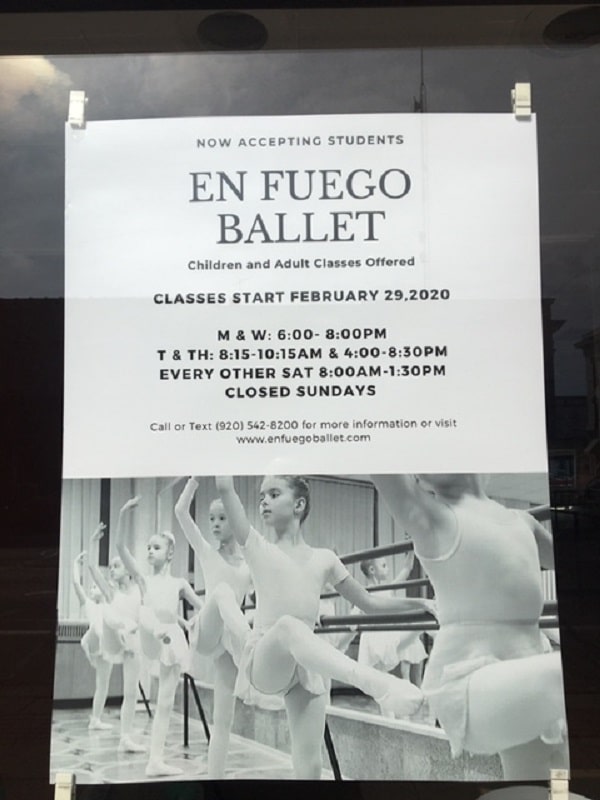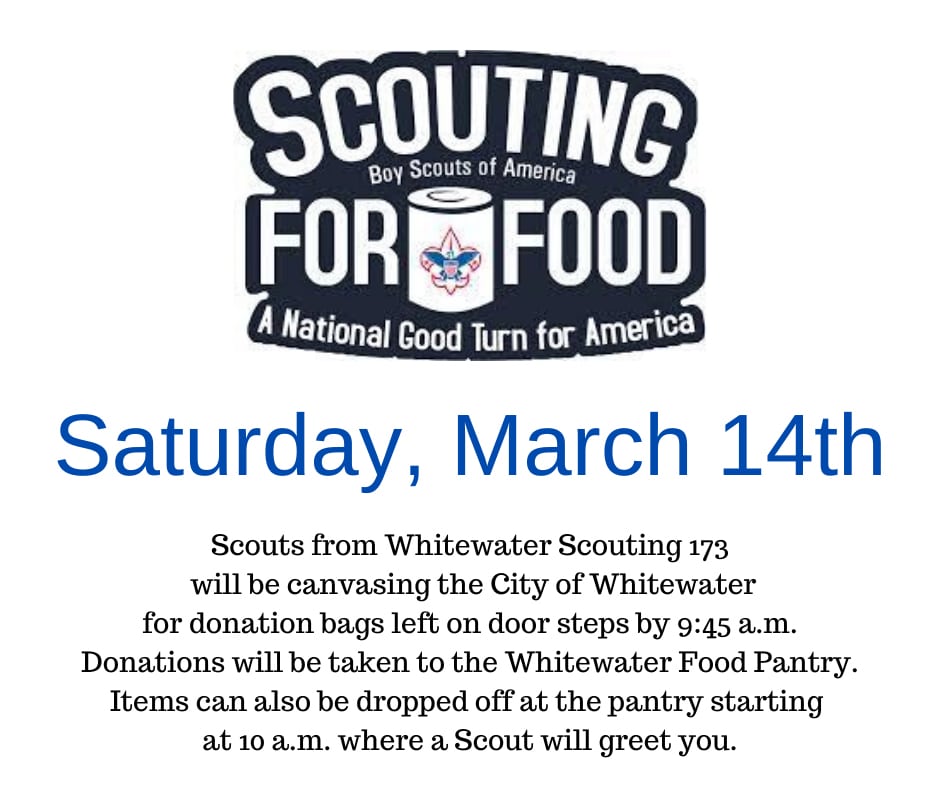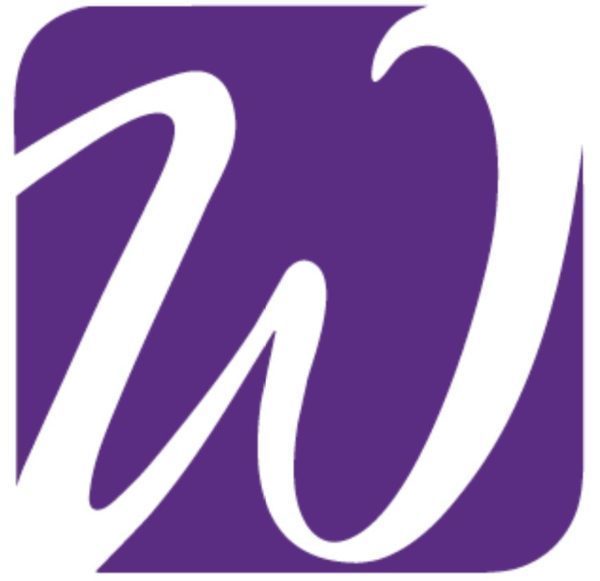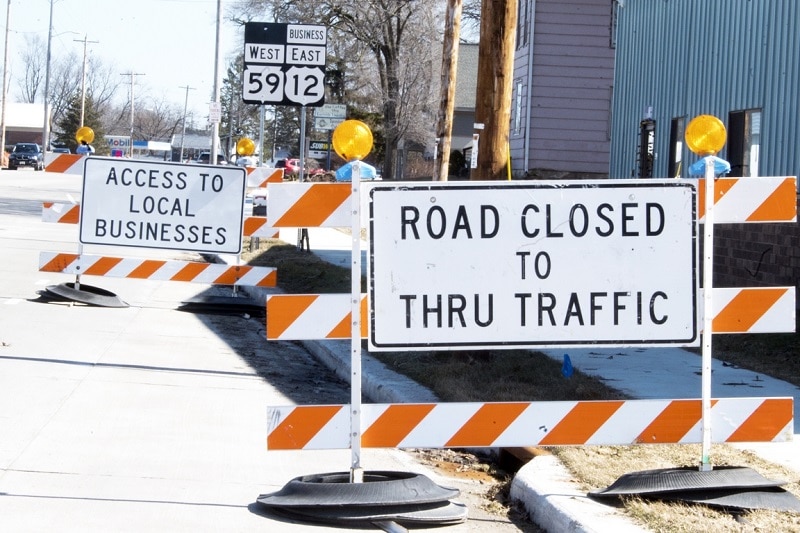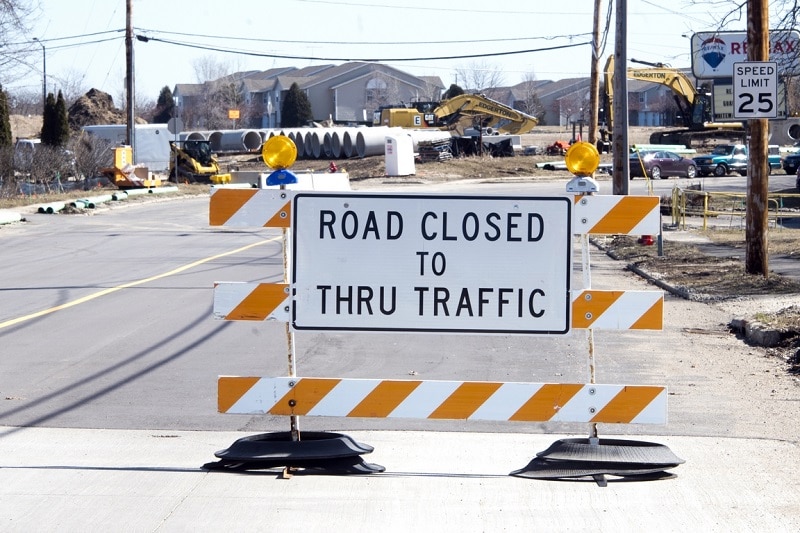March 12, 2020
Dear Families:
Our number one priority continues to be the safety and well-being of our students and staff.
In consultation with the Walworth County Health Department, district medical advisor, Dr. Roberta Wedl, school health services team (Fort HealthCare), and the District Leadership Team, our current plan is to keep schools open until spring break (through Friday, March 20). We will continue to assess the situation to determine if closure of the school district is necessary. At this time, we are not aware of any confirmed cases of COVID-19 in the area.
All field trips and events involving non-Whitewater schools are cancelled starting Saturday, March 14. We are trying to minimize the potential for the spread of the virus between districts and geographic areas. Of particular concern is the risk associated with traveling to areas that are identified high risk as well as having students and families from these areas traveling to our schools. At this time, after school practices and activities can continue.
The District is planning for enhanced cleaning procedures utilizing a disinfectant recognized by the CDC to fight COVID-19 to help mitigate risks to students, staff, and community members who use our facilities.
Students in Grades 6-12 with one-to-one devices should bring them home daily in case the timeline for school closure changes.
Families should be aware of the symptoms of COVID-19 and are encouraged to have their children stay home if symptoms are present: https://www.cdc.gov/coronavirus/2019-ncov/about/symptoms.html. Students who have symptoms of acute respiratory illness are recommended to stay home and not come to work until they are free of fever (100.4° F or greater using an oral thermometer), signs of a fever, and any other symptoms for at least 24 hours, without the use of fever-reducing or other symptom-altering medicines (e.g. cough suppressants). Families should notify their school if their children are sick and report symptoms to school staff.
If parents or guardians have medical concerns for the safety of their children, they are encouraged to make a family decision and inform schools if their child is not going to attend school.
The District will monitor COVID-19 daily and keep families up to date of any changes to the school plan. In addition, we will continue to follow updates from the World Health Organization, CDC, Walworth County Health Department, School Health Services Team (Fort Healthcare), and our district medical advisor, Dr. Roberta Wedl.
Dr. Jim Shaw
District Administrator
Estimadas Familias:
Nuestra prioridad número uno continúa siendo la seguridad y el bienestar de nuestros estudiantes y personal.
En consulta con el Departamento de Salud del Condado de Walworth, la asesora médica del distrito, la Dra. Roberta Wedl, el Equipo de Servicios de Salud Escolar (Fort HealthCare) y el Equipo de Liderazgo del Distrito, nuestro plan actual es mantener las escuelas abiertas hasta las vacaciones de primavera (hasta el viernes 20 de marzo ) Continuaremos evaluando la situación para determinar si es necesario el cierre del distrito escolar. En este momento, no tenemos conocimiento de ningún caso confirmado de COVID-19 en el área.
Todas las excursiones y eventos que involucran escuelas que no son de Whitewater se cancelan a partir del sábado 14 de marzo. Estamos tratando de minimizar la posibilidad de propagación del virus entre distritos y áreas geográficas. De particular preocupación es el riesgo asociado con viajar a áreas que se identifican como de alto riesgo, así como tener estudiantes y familias de estas áreas que viajan a nuestras escuelas. En este momento, las prácticas y actividades después de la escuela pueden continuar.
El Distrito está planeando procedimientos de limpieza mejorados utilizando un desinfectante reconocido por el CDC para combatir COVID-19 para ayudar a mitigar los riesgos para los estudiantes, el personal y los miembros de la comunidad que usan nuestras instalaciones.
Los estudiantes en los grados 6-12 con dispositivos individuales deben traerlos a casa todos los días en caso de que cambie el plazo para el cierre de la escuela.
Las familias deben conocer los síntomas de COVID-19 y se les recomienda que sus hijos se queden en casa si hay síntomas presentes: https://www.cdc.gov/coronavirus/2019-ncov/about/symptoms.html. Se recomienda que los estudiantes que tienen síntomas de enfermedad respiratoria aguda se queden en casa y no vengan a trabajar hasta que estén libres de fiebre (100.4 ° F o más con un termómetro oral), signos de fiebre y cualquier otro síntoma durante al menos 24 horas. , sin el uso de medicamentos para reducir la fiebre u otros medicamentos para alterar los síntomas (por ejemplo, supresores de la tos). Las familias deben notificar a su escuela si sus hijos están enfermos e informar los síntomas al personal de la escuela.
Si los padres o tutores tienen inquietudes médicas por la seguridad de sus hijos, se los alienta a tomar una decisión familiar e informar a las escuelas si su hijo no asistirá a la escuela.
El Distrito supervisará COVID-19 diariamente y mantendrá a las familias al día de cualquier cambio en el plan escolar. Además, continuaremos siguiendo las actualizaciones de la Organización Mundial de la Salud, los CDC, el Departamento de Salud del Condado de Walworth, el Equipo de Servicios de Salud Escolar (Fort Healthcare) y la asesora médica de nuestro distrito, la Dra. Roberta Wedl.
Dr. Jim Shaw
Administrador de Distrito




